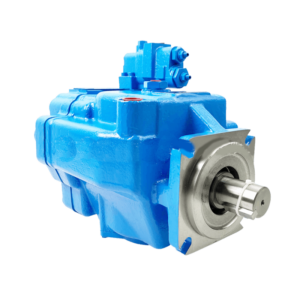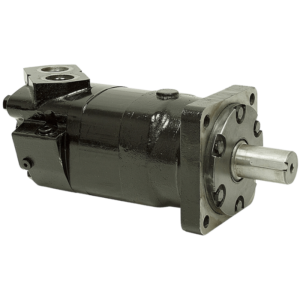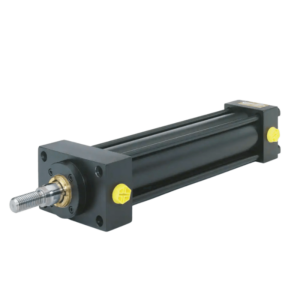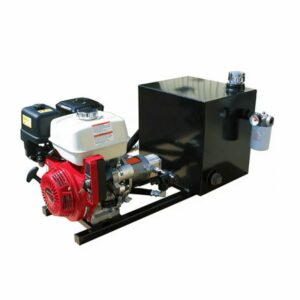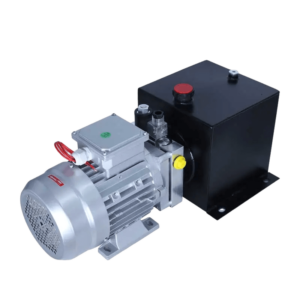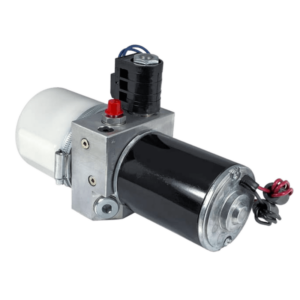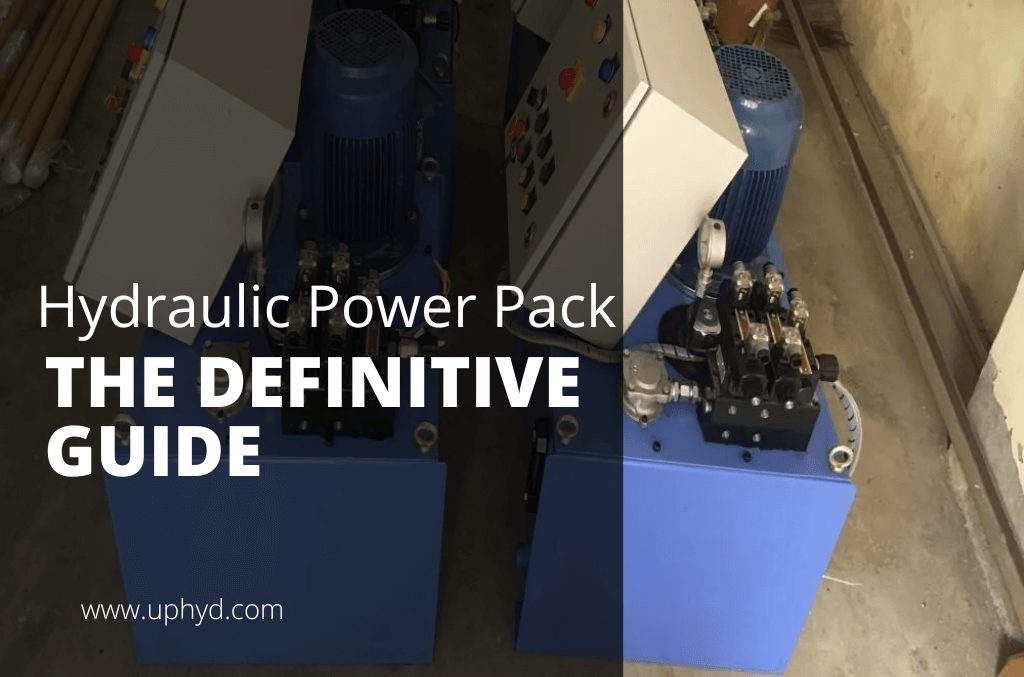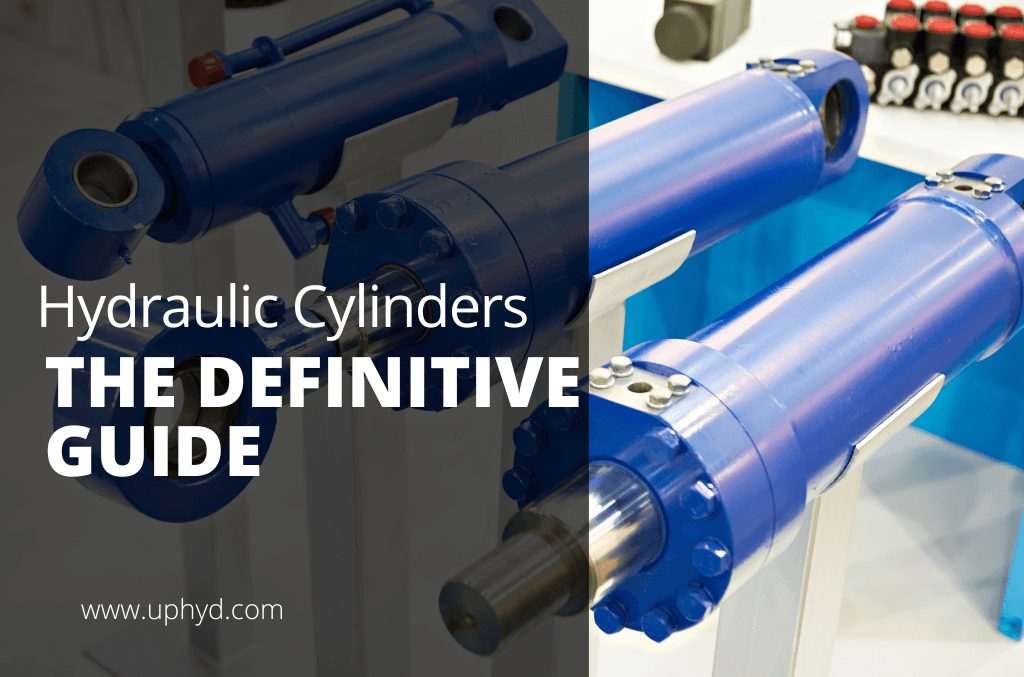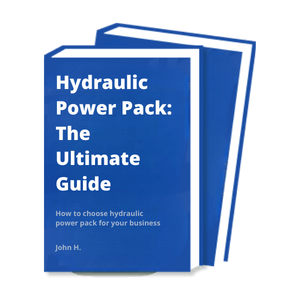PRODUCT FEATURES
Gas Powered Hydraulic Power Unit Manufacturer to Rocket Your Business
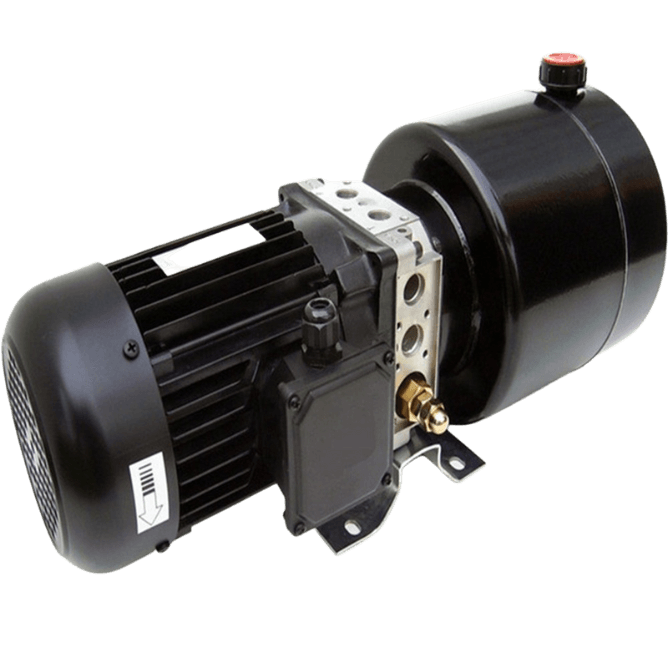
PRODUCTS
Proud To Offer a Wide Variety of Products
If you are looking for something specific that isn’t listed on our website yet, just contact us today!

ABOUT US
Who is Uphyd.com
Uphyd.com have seen that today there are also many hydraulic power pack companies in China & internationally. However, their solutions were still stuck a few years ago.
In fact, we have been upgraded in recent years, and uphyd.com hope our smart and flexible solutions can inject fresh blood into this market.
PARTNER
Trusted by 530+ Top Companies





BUYER’S GUIDE
The Ultimate Guide to Gas Powered Hydraulic Power Unit
Are you considering a gas-powered hydraulic power unit for your business? Do you have enough information to make an informed decision?
With this guide, you will learn the ins and outs of gas-powered hydraulic power units so that you can make the best choice for your business. We’ll outline everything there is to know about this unit, from its main parts to its industrial applications. We’ll also discuss the steps of working with a manufacturer and some tips you should keep in mind along the way.
So, if you want to learn everything about gas-powered hydraulic power units, read on!
Table of contents
1. Overview: Gas Powered Hydraulic Power Unit
A gas-powered hydraulic power unit is a compact and portable device that uses hydraulic fluid to generate and store energy. It is often used in applications where a large amount of power is needed, but only for a short period.
They are often used to operate hydraulic tools, such as jacks and rams. As they are compact and easy to operate, gas-powered hydraulic power units are an essential piece of equipment for many businesses and industries.
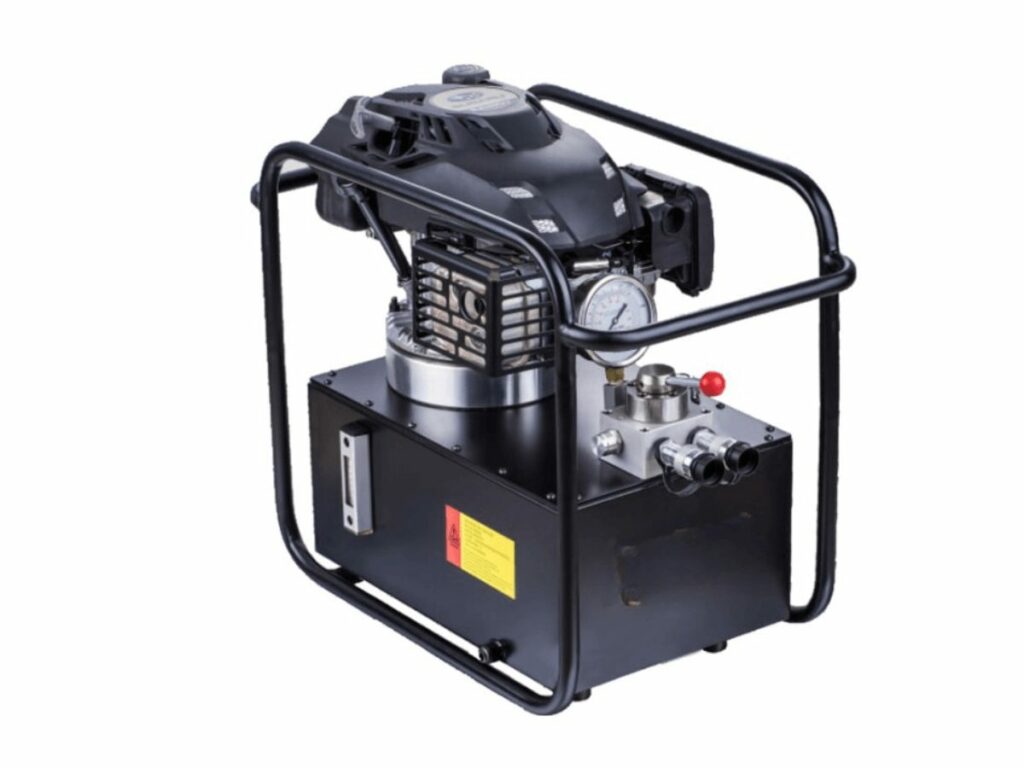
2. How Does It Work?
The gas-powered hydraulic power unit is a relatively simple machine that uses pressurized fluids to generate and store energy.
The pump compressed the fluid by filling it with enough air, which starts off as high pressure but will eventually be reduced over time due to its natural process of ventilation; this allows for easier operation in comparison with other machines where creators must rely solely upon manually pumping up liquids or gases before they can work properly.
3. The Key Benefits
There are many advantages to using a gas hydraulic power pack, which is why they are so popular in many different industries. Some of the key benefits include:
Compact and Portable
Gas powered hydraulic power packs are much more compact and portable than electric models, which makes them ideal for use in a wide variety of settings.
Higher Power Output
Gas-powered hydraulic power units can generate significantly higher levels of power than electric models, which makes them ideal for use in demanding applications.
No Risk of Electrical Shocks
There is no risk of electrical shocks when using a gas engine hydraulic power pack, which makes them much safer to use than electric models.
Lower Operating Costs
Gas-powered hydraulic power units typically have lower operating costs than electric models, making them a more cost-effective option over time.
4. Main Component and Their Function
A gas-powered hydraulic power unit is a self-contained system that uses pressurized fluid to drive a hydraulic cylinder. The system consists of a few main parts each with its own specific function.
Pump
The pump is the heart of the system and is responsible for pressurizing the hydraulic fluid. The pump is connected to an engine, which provides the power to run the system.
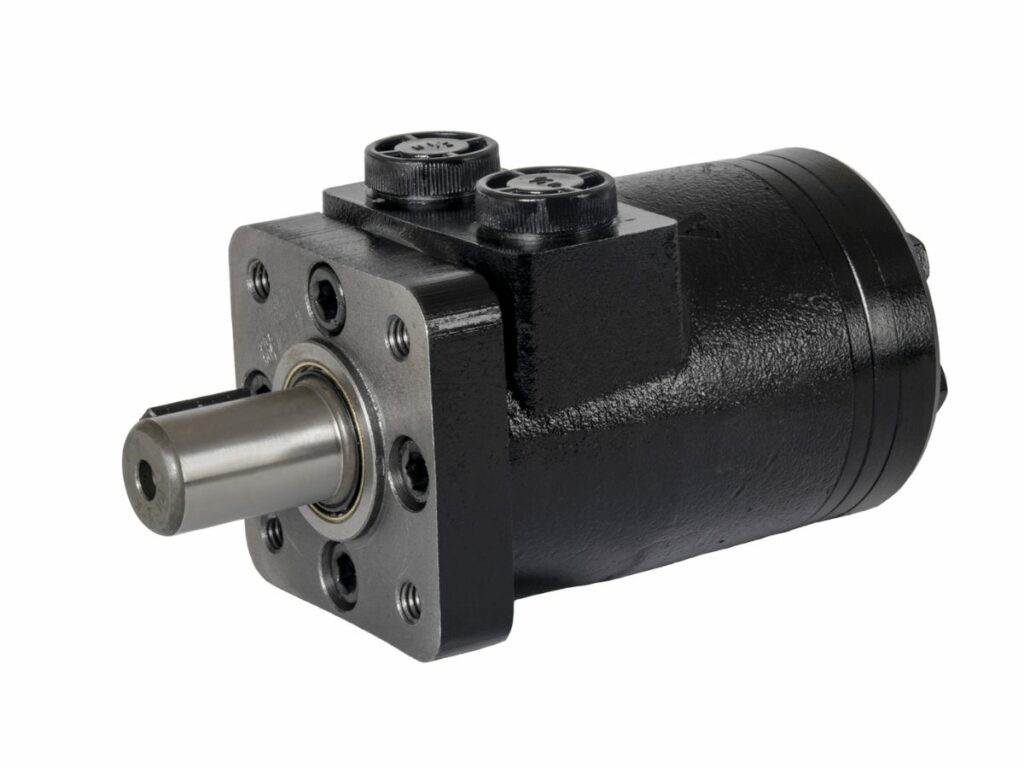
Valves
The valves are responsible for controlling the flow of fluid within the system. They are opened and closed by a control handle, which is operated by the user.
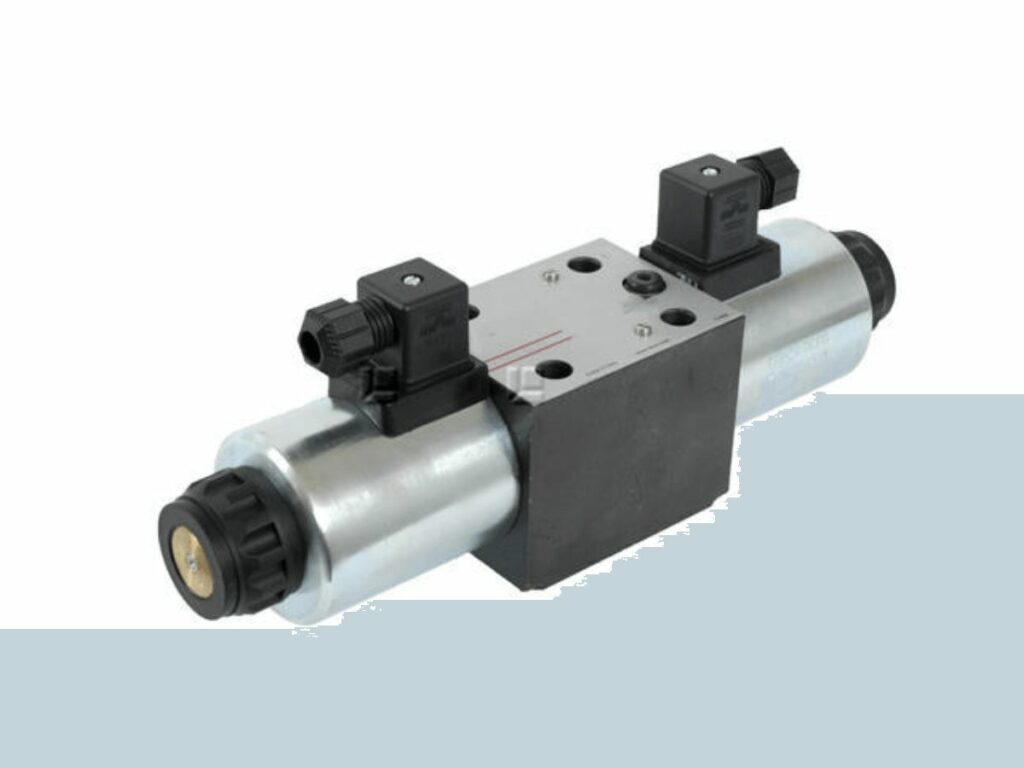
Cylinder
The cylinder is connected to the pump via a series of hoses. When the pump is turned on, the hydraulic fluid is forced into the cylinder, which creates pressure. This pressure is used to drive the hydraulic tools.

Reservoir
The reservoir stores the hydraulic fluid and helps to keep it cool. The reservoir is usually made from steel or aluminum and can be either vertical or horizontal.
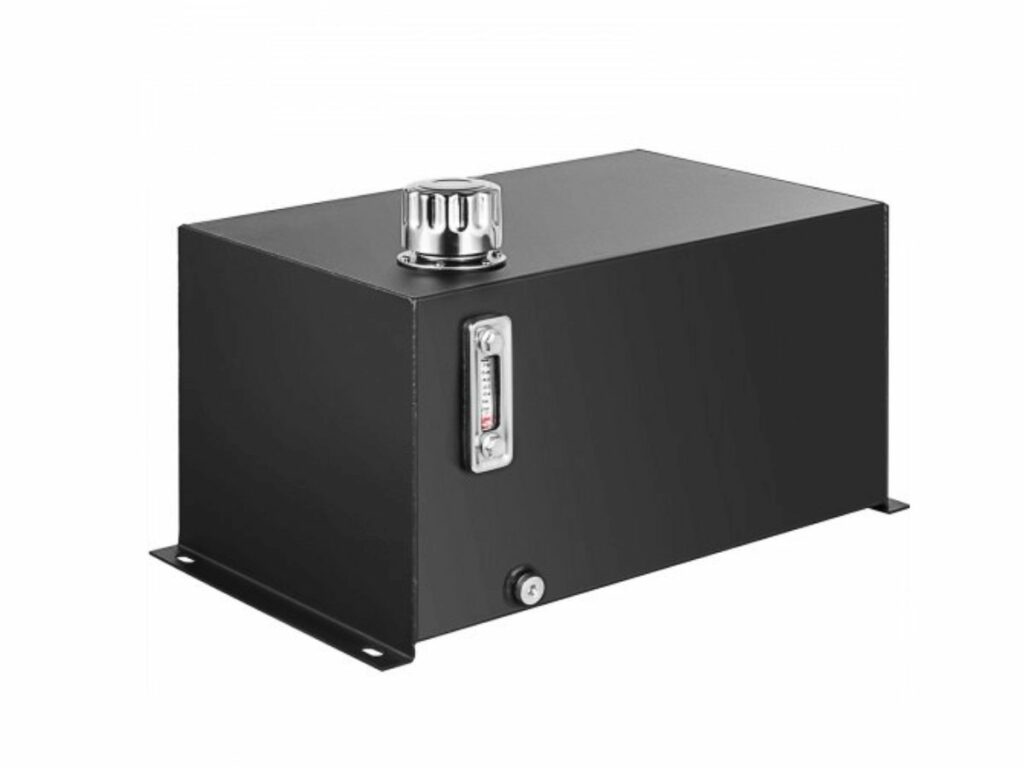
5. 6 Industry Application
Gas-powered hydraulic power units are commonly used in a wide range of industries. Here are some of the most common applications for gas-powered hydraulic power units:
#1 Construction Equipment
Hydraulic power units are commonly used in construction equipment. The hydraulic system provides power to the arm and bucket of the excavator, which allows the operator to dig into the ground and move dirt and other materials. Backhoes also use hydraulic power to operate their shovels, which are used for digging trenches and other types of excavation.
#2 Manufacturing
They are also used in manufacturing applications, such as stamping and press operations. These machines are equipped with hydraulic cylinders that generate the force necessary to stamp or press materials.
#3 Mining
Hydraulic power units can be seen in a variety of pieces of mining equipment, such as rock breakers and tunnel boring machines. The hydraulic system provides power to the breaker arm, which is used to break up rocks and other materials. Tunnel boring machines use hydraulics to power their cutting heads, which are used to drill through soil and rock.
#4 Transportation
They are also used in a wide range of transportation applications. Aircraft brakes use hydraulics to apply pressure to the brake pads, which slows down or stops the plane. Automobile transmissions use hydraulics to shift gears, which allows the engine to operate at different speeds depending on the needs of the vehicle.
#5 Agriculture
Irrigation systems, farm equipment, and forest management equipment all use hydraulic power units. The hydraulic system provides power to the pumps that deliver water to the crops.
They are also responsible for operating the pistons that power the blades on farm equipment, such as tractors and combines. Forest management equipment, such as tree harvesters and log loaders, also uses hydraulics to power their cutting and lifting operations.
#6 Marine
Hydraulic power units are also used in a variety of marine applications. The hydraulic system provides power to the winch, which is used to pull in or let out the anchor line. Ship cranes use hydraulics to lift and lower heavy cargo onto and off of the vessel. Hydraulic power units are also used in some types of outboard motors, which use hydraulics to power the propeller.
6. Gas Powered Hydraulic vs Diesel: What’s the Difference?
Two of the most popular types of hydraulic power units are gas-powered and diesel-powered units. So, what’s the difference between these two?
| Gas Powered Hydraulic | Diesel Powered Hydraulic |
|---|---|
| use gasoline to power | use diesel fuel |
| typically smaller and lighter | typically larger and heavier |
| tend to have a higher power-to-weight ratio than diesel-powered units | typically require more frequent servicing than gas-powered units |
Power Source
One key difference is in the power source. Gas-powered hydraulic power units use gasoline to power the hydraulic pump, while diesel-powered use diesel fuel. This can be a major advantage for gas-powered units, as gasoline is typically less expensive than diesel fuel.
Size and Weight
Another key difference is in the size and weight of the unit. Gas-powered units are typically smaller and lighter than diesel-powered units, making them easier to transport and install.
Maintenance
When it comes to maintenance, diesel-powered units typically require more frequent servicing than gas-powered units. This is because diesel engines produce more soot and carbon buildup than gasoline engines.
Performance
Finally, when it comes to performance, gas-powered hydraulic power units tend to have a higher power-to-weight ratio than diesel-powered units. This means that gas-powered units can generate more power while being lighter in weight.
So, which is better? Gas-powered or diesel-powered hydraulic power units? Ultimately, it depends on your specific needs and preferences. Both types of units have their advantages and disadvantages.
7. The Manufacturing Process
The manufacturing process of a gas-powered hydraulic power unit can be broadly categorized into the following steps:
Step#1 Design and Development
The first step in the manufacturing process is the design and development of the gas-powered hydraulic power unit. This step involves the formulation of a design that meets the specific requirements of the application.
Step#2 Housing and Casing
The next step is to create the housing and casing for the power unit. This step involves the creation of sturdy and robust housing that can withstand operating conditions. It is usually made from materials such as aluminum or stainless steel.
Step#3 Assembly of Components
The next step is the assembly of all the components that make up the power unit. This includes the installation of the engine, pump, reservoir, and other accessories. All these components must be properly installed and aligned to ensure the proper functioning of the power unit.
Step#4 Filling and Sealing
The next step is to fill and seal the power unit. This involves filling the reservoir with hydraulic fluid and sealing all the connections to prevent leaks. The seals are made from materials such as rubber or silicone.
Step#5 Testing and Quality Control
The final step is the testing and quality control of the gas-powered hydraulic power unit. This step ensures that the power unit meets all the required specifications and standards. It also includes a thorough inspection of all the components to identify any defects. After passing all these tests, the power unit is ready for use.
Here’s a video of making a gas powered hydraulic power unit to learn more!
8. The Average Cost of Gas-Powered Hydraulic
The average cost of a gas-powered hydraulic power unit for sale is between $200 and $500 for a good quality unit. This cost will depend on several factors such as the brand, size, and features of the unit.
If you are looking for a cheaper alternative, you can find used units for as little as $100. Just be sure to inspect the unit thoroughly before making your purchase. You may also want to consider buying directly from the manufacturer as they usually offer discounts for bulk purchases.
9. How to Work With Gas Powered Hydraulic Manufacturer
Working with gas-powered hydraulic manufacturers can be a great way to get reliable, high-quality products. However, it is important to know how to work with these types of manufacturers to get the most out of the relationship. Here are the steps on how to work with a gas-powered hydraulic manufacturer:
Step#1 Research the Manufacturer
The first step is to do your research on the manufacturer. You want to make sure that they are a reputable company and that they have a good track record. You can check online reviews or ask people you know who have used their products.
Step#2 Communicate Your Needs
You need to be clear about what you need and what you expect from the product. Discuss the required specifications, including the gas power requirements, with the manufacturer. This will help them understand your needs and provide you with a better product.
Step#3 Review the Prototype
Once the manufacturer has created a prototype, it is important to review it to make sure that it meets your needs. If any changes need to be made, be sure to communicate them to the manufacturer so they can make the changes.
Step#4 Place Your Order
After you have reviewed the prototype and are satisfied with it, you can place your order. Be sure to provide the manufacturer with all of the necessary information, such as the quantity needed and the delivery date. Manufacturers will also ask you to pay a 50% deposit before they begin production. The remaining 50% will be due when the product is delivered.
Step#5 Pay Necessary Charges
Apart from the production cost that usually covers the material and labor costs, you should also expect other necessary charges. These include the shipping costs, which will depend on the size and weight of the product, and any taxes that may be applicable.
Additionally, if you’re working with a manufacturer from another country, you can expect to pay import duties. These can range from 5% to 20% of the product’s value, so be sure to factor this in when budgeting for your project.
Step#6 Receive and Inspect Your Product
Once the product is finished, the manufacturer will ship it to you. Once you receive it, be sure to inspect it to make sure that it meets your expectations. If there are any problems, be sure to contact the manufacturer so they can resolve the issue.
10. 5 Buying Tips About Gas Powered Hydraulic
If you’re in the market for a gas hydraulic power unit, there are a few things you’ll want to keep in mind. Here are 5 tips to help you make the best purchase:
#1 Portability and Weight
If you need a portable unit, then you’ll want to consider the weight and portability of the unit. Some units can be quite heavy, so make sure you know how much it weighs and whether or not you can easily move them around.
#2 Maximum Pressure
This is important because you don’t want to damage the unit by putting too much pressure on it. Typically, the maximum pressure for a gas-powered hydraulic power unit is 3,000 PSI.
#3 Flow Rate
This will vary depending on the specific application you need the power unit for. The gas-powered hydraulic power unit usually has a flow rate that’s two to three times higher than electric power units. A gas-powered hydraulic power unit’s normal flow rate is between 10 and 15 GPM.
#4 Tank Capacity
This is important because it will determine how long the unit can run before needing to be refilled. A hydraulic power unit gas engine typically has a tank capacity of 30 to 60 gallons.
#5 Power Source
The power source is another important consideration. Gas driven hydraulic power units usually run on either gasoline or propane. Make sure you know which fuel you’ll need before making your purchase.
11. Conclusion
Gas-powered hydraulic power units are versatile and powerful machines that can be used in a variety of applications. With so many options on the market, it can be difficult to know where to start when choosing the right unit for your needs. That’s why working with a trusted manufacturer can be invaluable.
At Uphyd, we have years of experience and expertise in helping our customers find and produce the right hydraulic power unit for their specific needs. Contact us today and let us help you find the perfect gas-powered hydraulic power unit for your application.
FEATURE BLOGS
READY TO LEARN MORE?
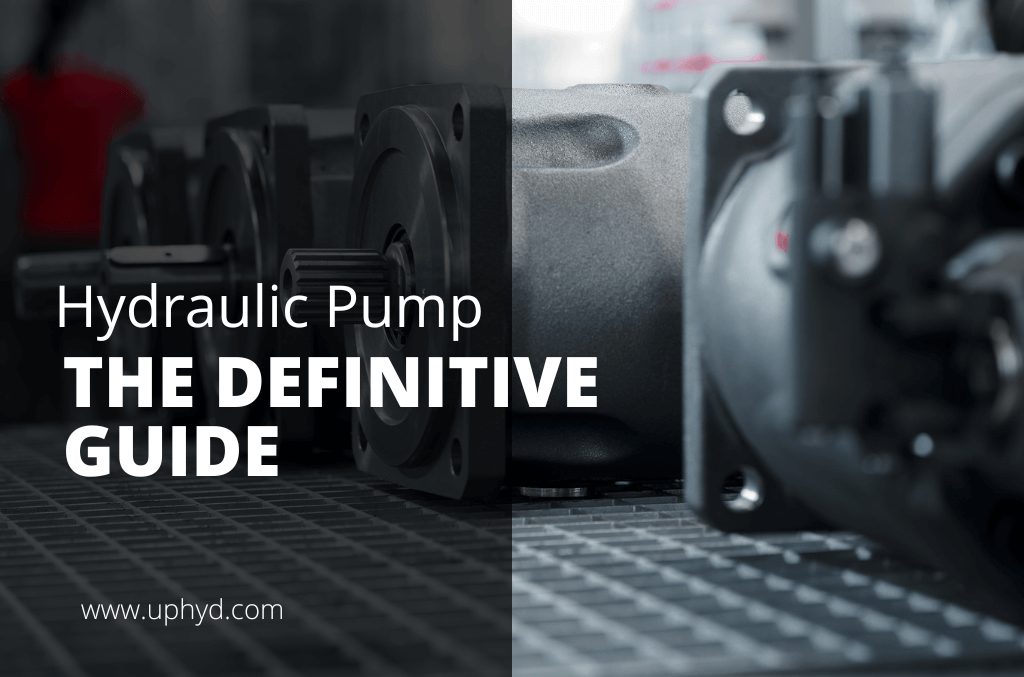
Find everything you need to know about hydraulic pumps in this comprehensive guide.


